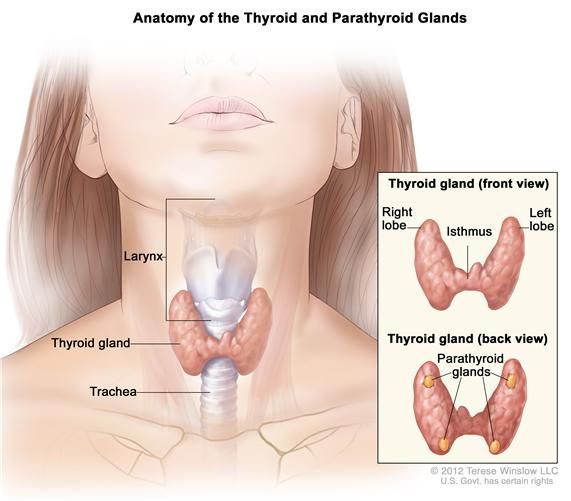FDA Approves Expanded Use Of Nexavar For Late-Stage Thyroid Cancer

The U.S. Food and Drug Administration (FDA) on Friday approved expanded use of Nexavar to treat late-stage differentiated thyroid cancer. The news may affect thousands of Americans suffering from the most common type of thyroid cancer. More than 60,000 Americans will receive diagnoses of thyroid cancer this year, with another 1,850 expected to die from the disease, according to the U.S. National Cancer Institute.
Manufactured by Bayer AG, based in Germany, Nexavar slows the growth of cancer metastasizing from the thyroid by inhibiting multiple proteins in cancer cells important to cell division. Now, clinicians may prescribe Nexavar, or sorafenib, for patients with differentiated thyroid cancer who no longer respond to radioactive iodine treatment. Its approved use includes cancers recurring locally and those spreading beyond the thyroid.

Richard Pazdur, of the FDA’s Center for Drug Evaluation and Research, said the agency had established the drug’s safety and effectiveness following a clinical study involving 417 patients with locally recurrent or metastatic cancers failing to respond to other treatment.
In the clinical study, investigators found that Nexavar successfully stalled the spread of cancer, buying patient’s more time. The drug lengthened time in remission by 41 percent, with half of patients living without cancer progression for nearly 11 months, compared to others who lived in remission for less than six months.
“Differentiated thyroid cancer can be challenging to treat, especially when unresponsive to conventional therapies,” Pazdur said in a statement. “Today’s approval demonstrates the FDA’s commitment to expediting the availability of treatment options for patients with difficult-to-treat diseases.”
Among the drug’s most common side effects were diarrhea, fatigue, infection, hair loss, hand-foot skin reaction, rash, weight loss, decreased appetite, nausea, gastrointestinal, abdominal pains, and high blood pressure. Use of the drug also may require adjustment of thyroid hormone replacement therapy, given that Nexavar tends to elevate levels of thyroid stimulating hormone, which may cause the cancer to grow.
The U.S regulator reviewed the drug’s new use as part of its fast-track drug approval program, intended to expedite the review of badly needed drug therapies within a six-month period. The government also designated Nexavar an “orphan drug,” eligible for federal grant money allocated to treating serious conditions which affect 200,000 or fewer Americans. Nexavar was first approved by the FDA in 2005 to treat advanced kidney cancer, winning expanded approval two years later for inoperable liver cancers.



























